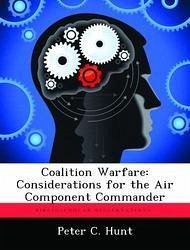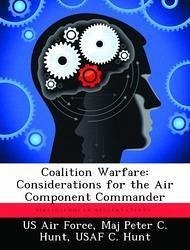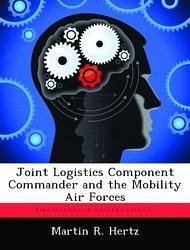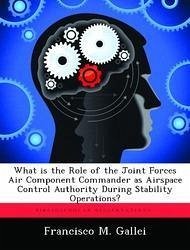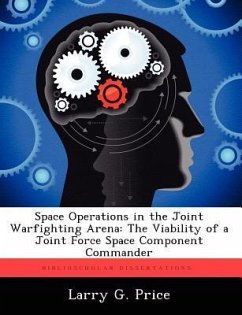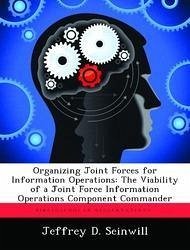Nicht lieferbar
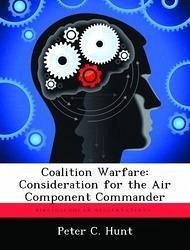
Coalition Warfare: Consideration for the Air Component Commander
Versandkostenfrei!
Nicht lieferbar
Political circumstances often dictate that we employ military force as part of a coalition. The youngest military instrument, airpower, has been integrated into coalition forces during several major conflicts of the twentieth century. No historical evidence or current strategies indicate that the likelihood of working within a coalition will diminish. A fundamental question, then, is how air component commanders should be trained to understand and appreciate the nuances of coalition warfare. This thesis focuses on operational-level coalition air force interactions in three conflicts: the Korea...
Political circumstances often dictate that we employ military force as part of a coalition. The youngest military instrument, airpower, has been integrated into coalition forces during several major conflicts of the twentieth century. No historical evidence or current strategies indicate that the likelihood of working within a coalition will diminish. A fundamental question, then, is how air component commanders should be trained to understand and appreciate the nuances of coalition warfare. This thesis focuses on operational-level coalition air force interactions in three conflicts: the Korean War (1950-1953), the Persian Gulf War (1990-1991) and the Balkan Air Campaign (1992-1995). Each conflict saw significant United Nations involvement, and the US provided the majority of airpower assets. Nevertheless, air forces of other states provided both political and military benefits for coalition unity. Overall, coordination among air components seemed exceptionally smooth.






